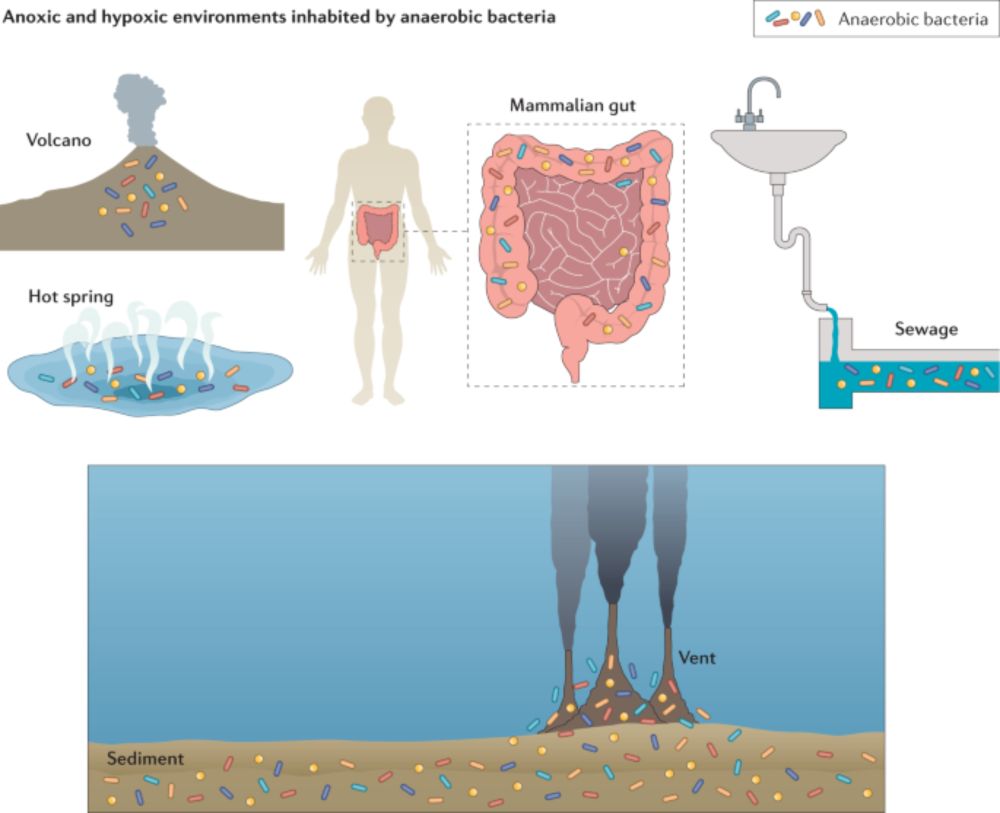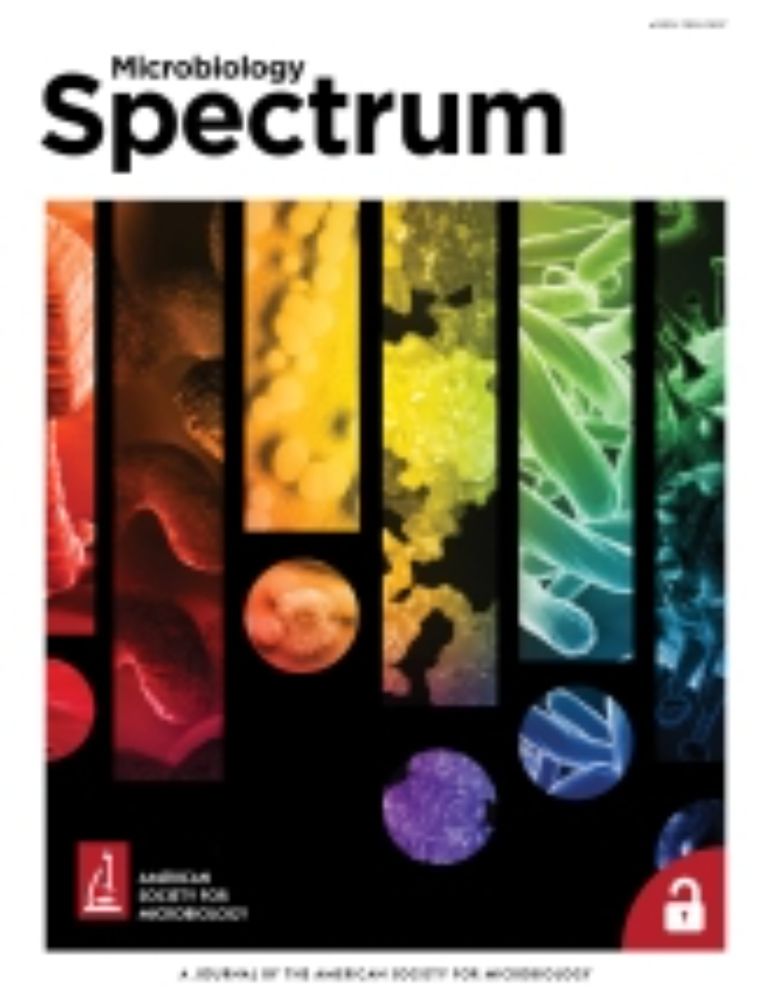
Perchlorate-reducing bacteria with Cld (super interesting, which I studied!) have so far always been facultative aerobes. Some obligate anaerobes without Cld can reduce perchlorate but ClO2 is removed chemically and no O2 is produced.

Perchlorate-reducing bacteria with Cld (super interesting, which I studied!) have so far always been facultative aerobes. Some obligate anaerobes without Cld can reduce perchlorate but ClO2 is removed chemically and no O2 is produced.
See: doi.org/10.1038/s415...
Possibly some genome annotations here: doi.org/10.1101/2023...

See: doi.org/10.1038/s415...
Possibly some genome annotations here: doi.org/10.1101/2023...

Some comparative genomics: doi.org/10.1038/s413...
Some comparative genomics: doi.org/10.1038/s413...
doi.org/10.1128/spec...

doi.org/10.1128/spec...
(Thanks for sharing!)
(Thanks for sharing!)

